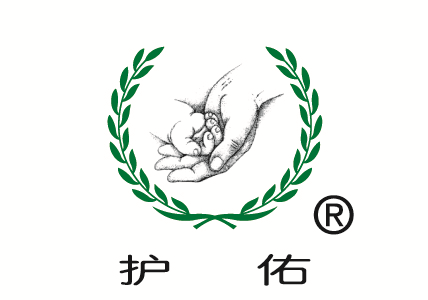First Ever Biosimilar Approval in China: Trouble for Roche?
China’s regulator approved a biosimilar version of Roche’s Rituxan this week, the first such drug ever to be given the green light in the country. With numerous other biological copycats…

Yangtze River Pharmaceutical Group is a Chinese multinational pharmaceutical corporation headquartered in Taizhou, Jiangsu Province in the People’s Republic of China, and with its research headquarters in Shanghai. It is one of the Asia’s largest pharmaceutical companies by revenues, and was listed in 2014 as being China’s second largest pharmaceutical manufacturer, and leading company for technological and entrepreneurial innovation.
Founded in 1971, the Yangtze River Pharmaceutical Group started as a local firm providing drugstores and hospitals with vitamin supplements and pain medication. For much of its early existence, profit margins were low due to the YRPG’s inability to expand a fledgeling sales network past a local level. This changed at the end of the 20th century when sweeping economic and medical reforms placed an ever-increasing demand on quality drug production.[5] Located in a prime location between the major cities of Shanghai, Suzhou, and Hangzhou, the YRPG quickly expanded its business profile. The group has experienced significant growth in the past decade, having quadrupled their net income between 2003-2010.[1] In the fiscal year 2014, board shareholders received a record 560% return on investment, and company assets rapidly expanded.[1] The company also hosts 22 subsidiary firms across Asia and has exploratory ventures in Europe, Canada, and the United States.
China’s regulator approved a biosimilar version of Roche’s Rituxan this week, the first such drug ever to be given the green light in the country. With numerous other biological copycats…
The lowdown on what it takes to be a country manager of a multinational pharma company in some of the world’s most challenging markets. Robert Hall of Ardent Search outlines…
George Lee, vice-president of clinical operations and country leader of PAREXEL in China, discusses the impact of the recent ownership and management changes of the group, the value that PAREXEL…
One of the earliest innovative biotech companies in China, Zensun has developed what its founder Dr Zhou Mingdong calls a rare made-in-China first-in-class therapeutic candidate, the cardiology treatment, Neucardin®. With…
It has been announced by China’s State Council that as of March 1st 2019, the government will reduce the VAT on a “first batch” of 21 rare disease drugs and four…
This is the first in a series of articles examining what it takes to be a country manager of a multinational pharma company in some of the world’s most challenging…
Terns Pharmaceuticals is developing innovative drugs for the treatment of NASH and liver disease. It has established a diverse product pipeline with drug candidates targeting different stages of the disease…
Aditya Bhattacharji manages Eurasia Group‘s healthcare analysis. Together with his colleague Sarah Hassan, a researcher at the company they look at China’s skyrocketing health industry and what to expect from it in the…
Brian Mi, president of IQVIA Greater China, shares IQVIA’s leadership position in China in both the commercial and R&D space, building on both IMS Health and Quintiles’ market positioning in…
Even though China’s pharmaceutical sector remains largely generics-based, the Middle Kingdom’s biotechnology scene has been flourishing in recent years. Now the world’s fastest-growing biopharmaceutical market, China can boast a much-improved…
Dr Xu Ting, founder, chairman and CEO of Alphamab Oncology, shares his expert opinion on the recent regulatory and healthcare reforms in China, the expertise Alphamab Oncology has in protein…
Jack Wang, founder and CEO of Biomobie, shares the inspirational story behind the establishment of the company, the regenerative principle driving the technology of the Bioboostie device, and the innovative…

See our Cookie Privacy Policy Here